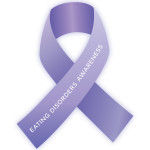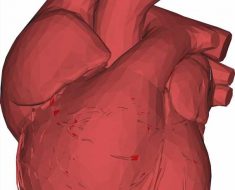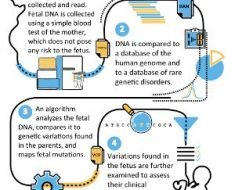 There are many theories about what causes eating disorders and for each person the reason can be different. However, most eating disorders are caused by a combination of biological, psychological, and environmental factors and sometimes the cause may not be completely clear.
There are many theories about what causes eating disorders and for each person the reason can be different. However, most eating disorders are caused by a combination of biological, psychological, and environmental factors and sometimes the cause may not be completely clear.
Biological
- A family history of anorexia, bulimia and/or binge eating disorder may make certain people more at risk to have an eating disorder because of their genes or family upbringing
- Chemicals in the brain that control hunger, digestion, and appetite
- Hormones (such as leptin and ghrelin) that control satiety and hunger
Psychological
- Obsessive compulsive disorder (OCD)
- Past or current trauma such as physical, emotional, or sexual abuse
- Anxiety
- Depression
- Desire to have control over some aspect of life
- Inability to control behaviors
- Personality traits such as perfectionism (wanting to be perfect), extreme desire to succeed, and impulsivity (doing things without planning or considering the consequences)
- Family values about body size, appearance and food
- Low self-esteem or self-worth
- Sense of loss
Environmental
- Society’s intense focus on thinness and dieting
- Participation in sports that focus on body shape and size such as dancing, rowing, gymnastics, track, wrestling, etc.
- Abusive or troubled relationships that cause emotional stress and feelings of loss of control
- Stress at school, sports, with peer groups, etc.
- Specific cultural attitudes about how a woman/man should look and behave
You can’t tell whether a person is struggling with an eating disordered just by looking at them, but there are often warning signs. Warning signs or “red flags” might suggest that a young person may develop or already has an eating disorder. Below are lists of signs that are linked to certain types of eating disorders. A person who has an eating disorder may have one or more of these signs. These signs may also mean that a person has another kind of health condition, so it’s best to talk with a trusted adult about your concerns before jumping to any conclusions.
Red flags for Anorexia Nervosa:
- Skips meals
- Makes excuses not to eat
- Over-exercises (makes exercise a top priority)
- Eats only “safe” foods (low calorie, low-fat)
- Doesn’t eat certain food groups (ex. carbs, fats)
- Has unusual behaviors around food (organizing food, cutting food into small pieces, always finding something wrong with food, pushing food around the plate)
- Cooks or bakes food for others but doesn’t eat it
- Watches food shows or visits food websites constantly
- Obsessively reads nutrition information or counts calories
- Constantly weighs themselves, or “body checks” (looks at their body in the mirror or feels their body with their hands)
- Chews a lot of gum or drinks large amounts of water, coffee, diet soda, or calorie-free beverages
- Denies that there is a problem despite weight loss
- Recent switch to vegan/vegetarianism
- Withdraws from social gatherings involving food
Red flags for Bulimia Nervosa:
- Uses the bathroom after eating or in the middle of meals
- Consumes unusually large amounts of food at one time
- Loses control around food
- Has scars or calluses on hands and knuckles from using their finger to vomit
- Hides food or empty wrappers
- Diets often
- Food may be missing from cabinets at home or disappears rapidly
Red flags for Binge Eating Disorder:
- Frequently eats large amounts of food in one sitting
- Loses control around food
- Eats when not hungry
- Eats alone, often eats in secret
- Eats as a way to control emotions
- Hides food or empty wrappers
- Others notice food disappearing rapidly
- May hoard food
Source: Read Full Article





